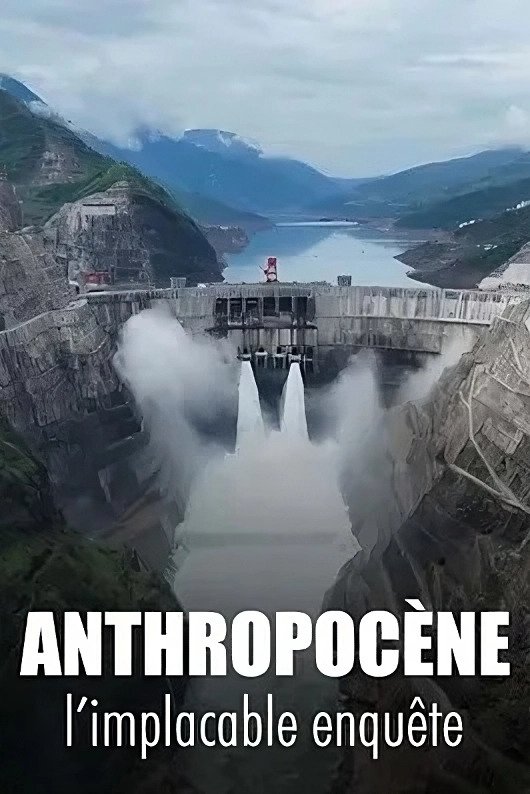
For several decades, geoscientists have been observing that the Earth is changing rapidly due to human intervention. This action has such a great impact on the biological, geological and atmospheric processes of the Earth that some scientists speak of the dawn of a new epoch: the Age of Man or the Anthropocene.
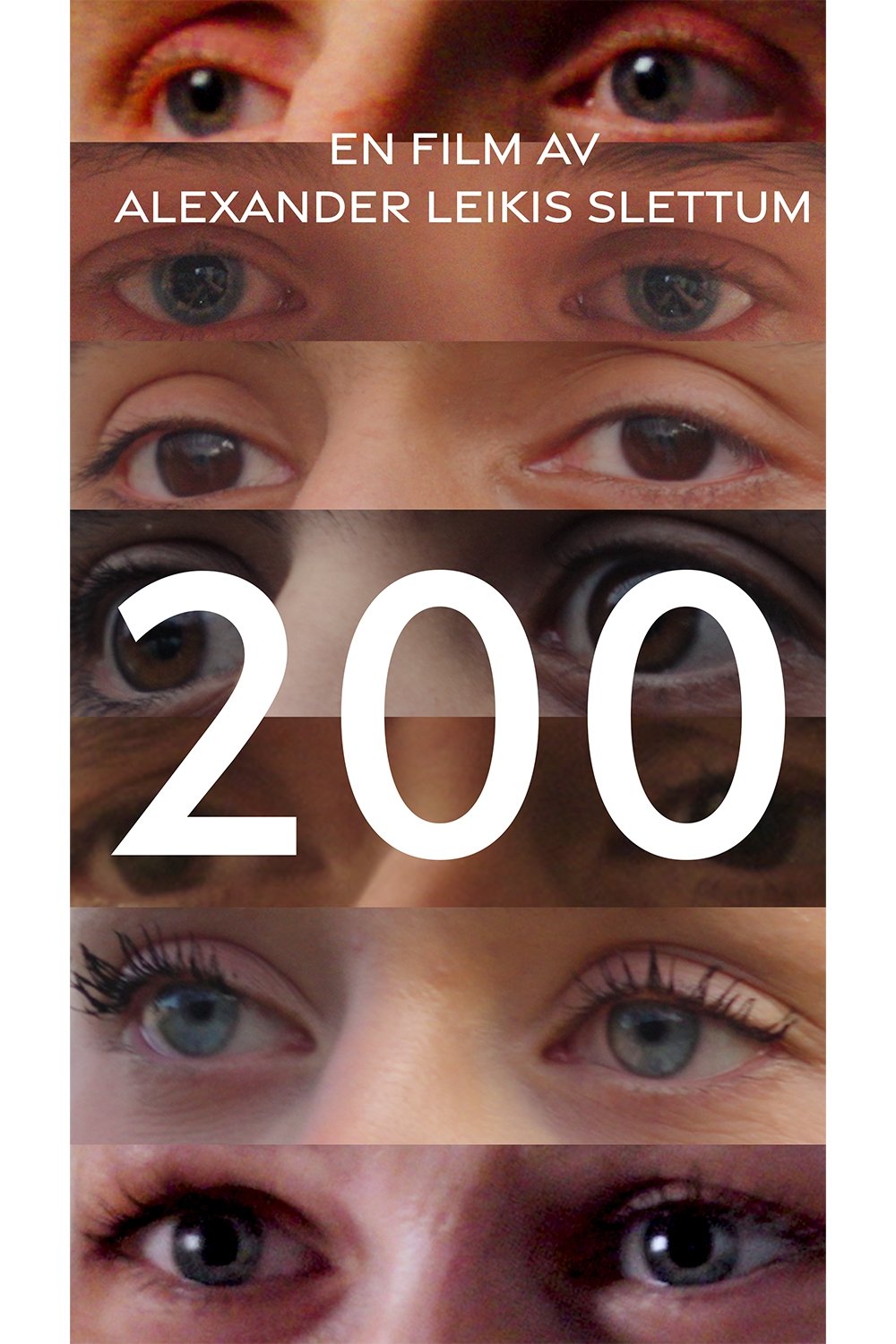
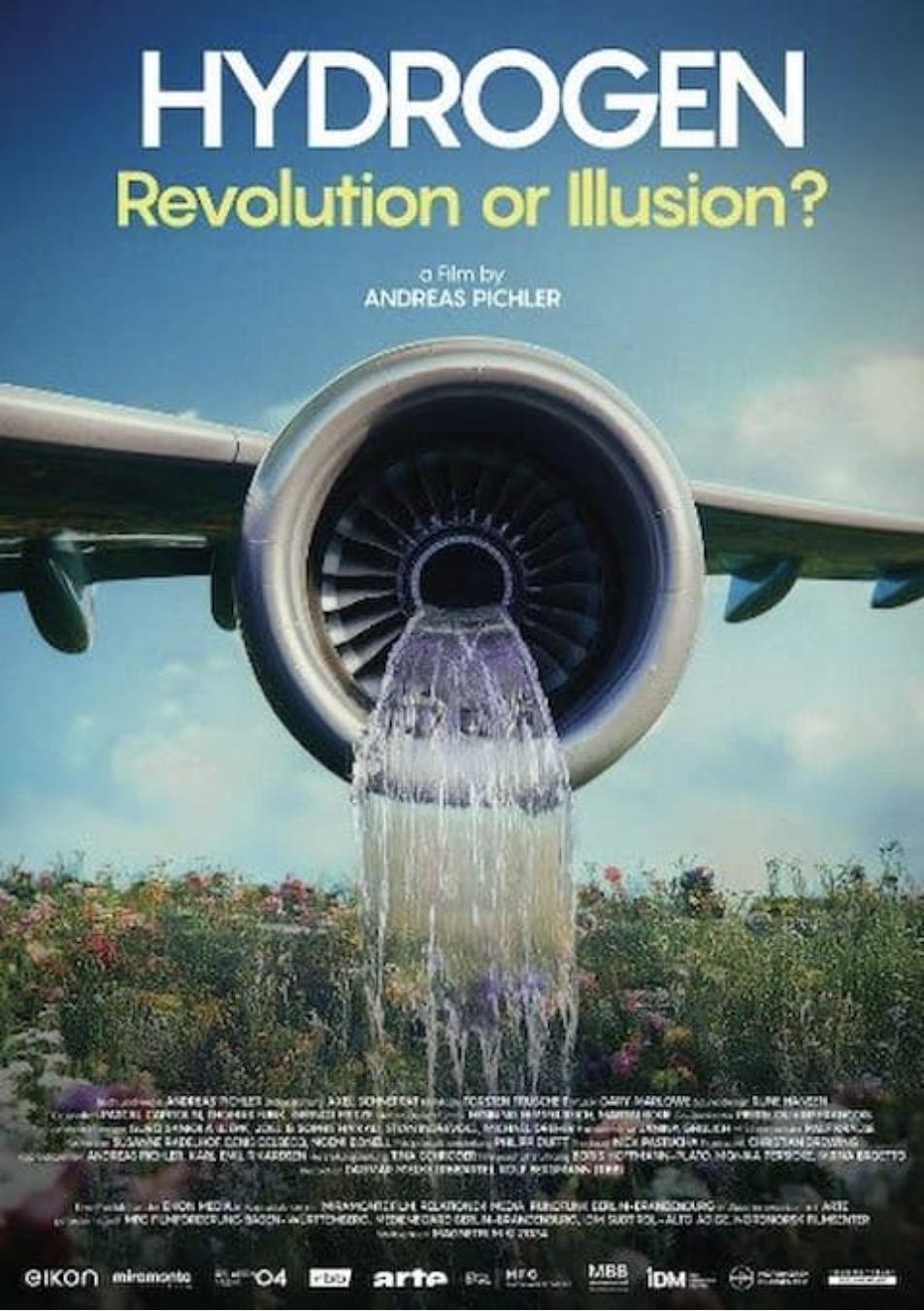
Steel giant Thyssen Krupp in Germany and cargo ship operator Maersk in Denmark are investing huge sums of money with public support to convert their huge and dirty energy consumption to ‘green’. Hydrogen plays a central role in this. At the same time, countries in Africa such as Morocco and Namibia are gearing up to become giga-suppliers of the new energy source. But does it all make sense? Why not just produce green steel in Africa? And what's the story behind the blue hydrogen that is supposed to come from Norway via pipeline? The film follows pioneers on breathtaking projects and shows that the energy transition is more complicated than expected and holds many surprises in store.
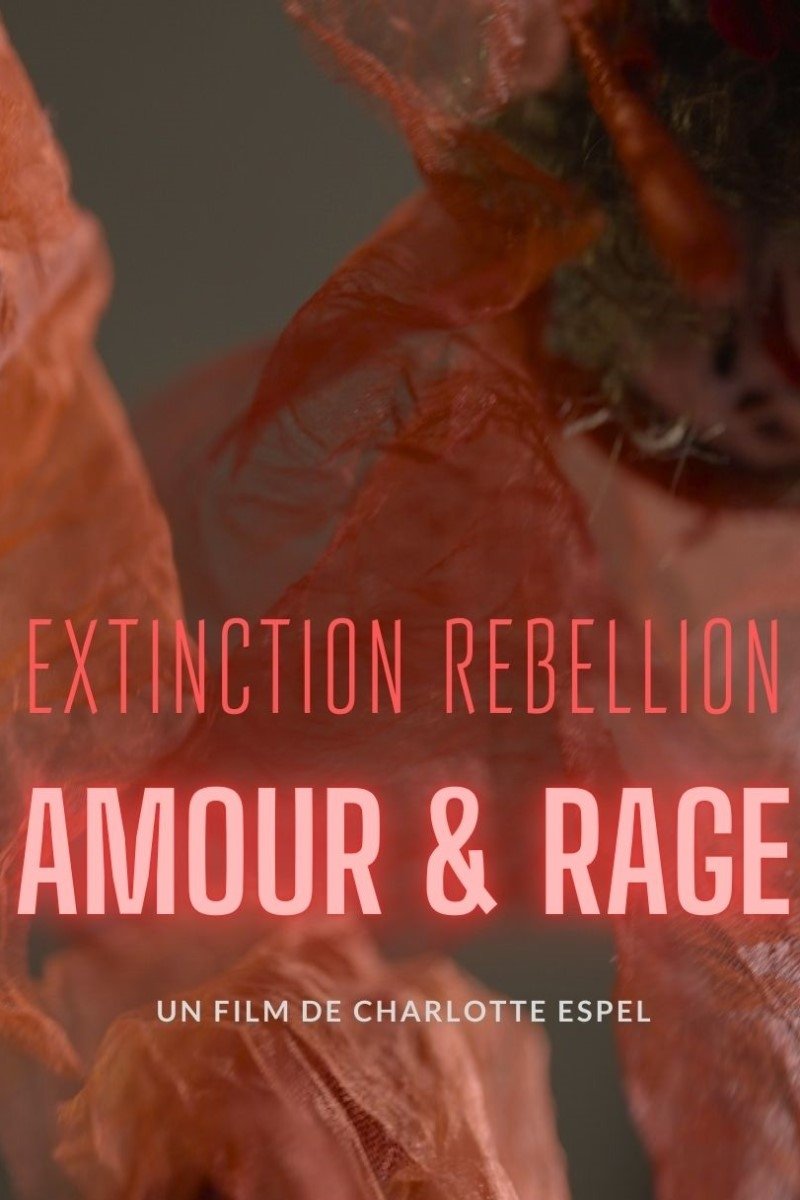
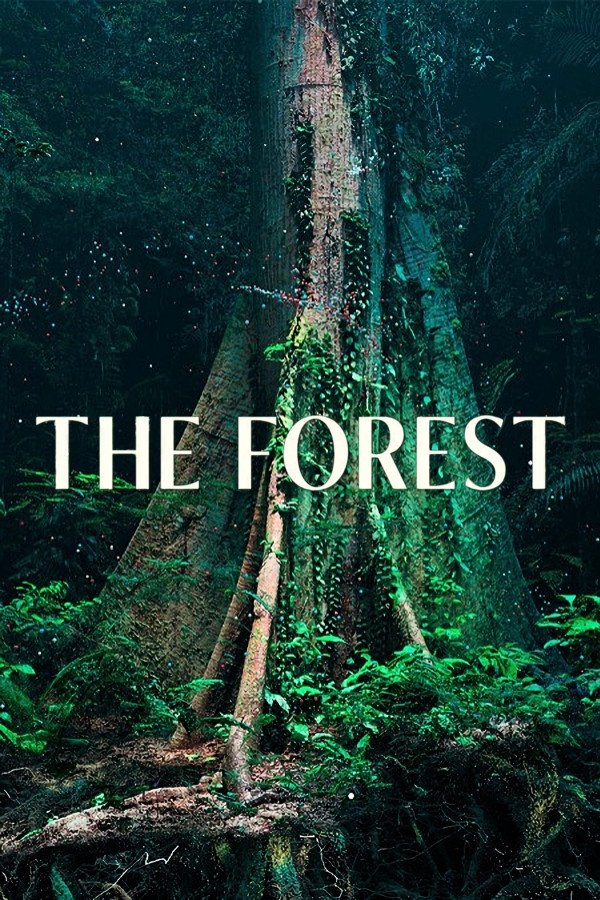
The story of a brilliant ecologist with a plan to save the world by restoring the planet's forests. His original work was hijacked by corporations and politicians with disastrous effect. Now he's using science to fight back.
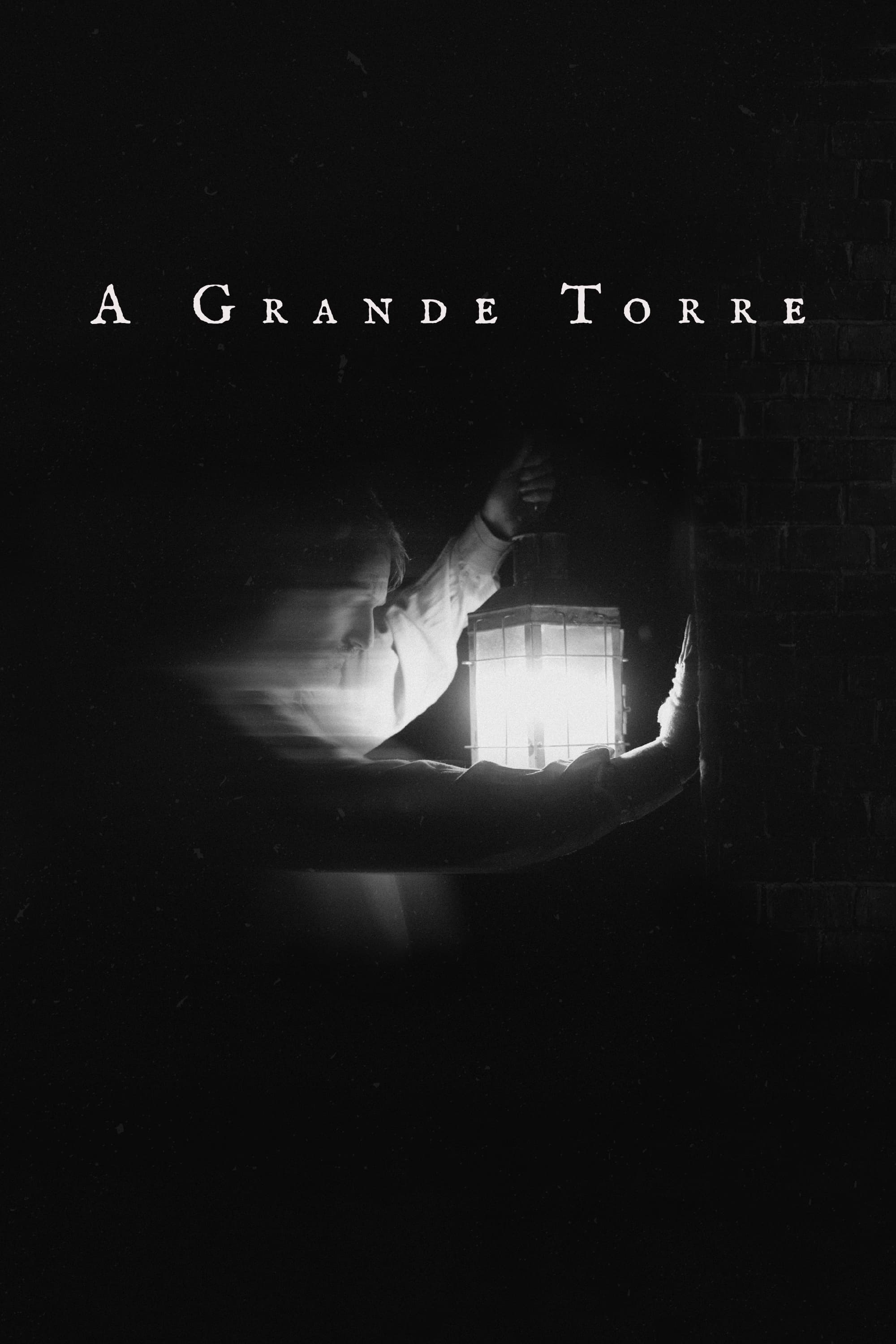
In a world where nature is fading, in a town in south Brazil's countryside, people from the original settlements still exist, but face difficulties surviving due to the unproductive lands. Lauri is one of them. However, unlike the others, he has a dream that takes him to the Great Tower.
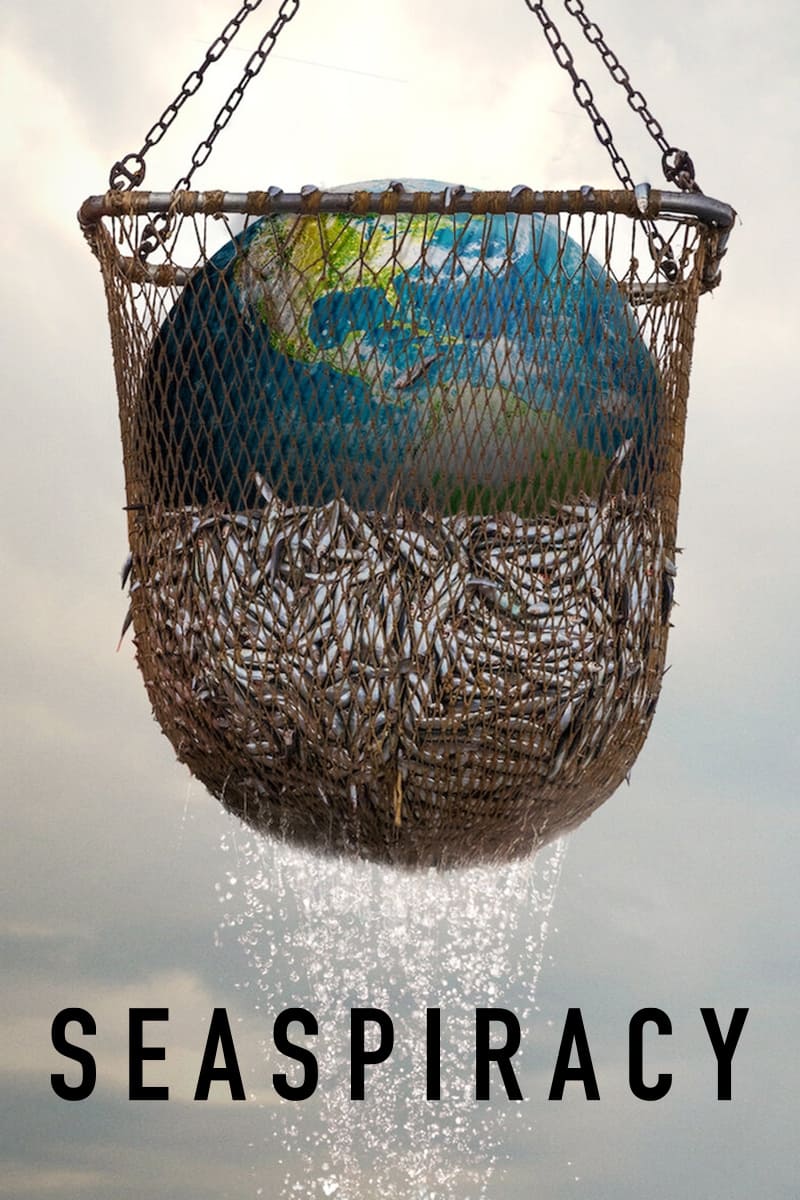
Passionate about ocean life, a filmmaker sets out to document the harm that humans do to marine species — and uncovers an alarming global conspiracy.
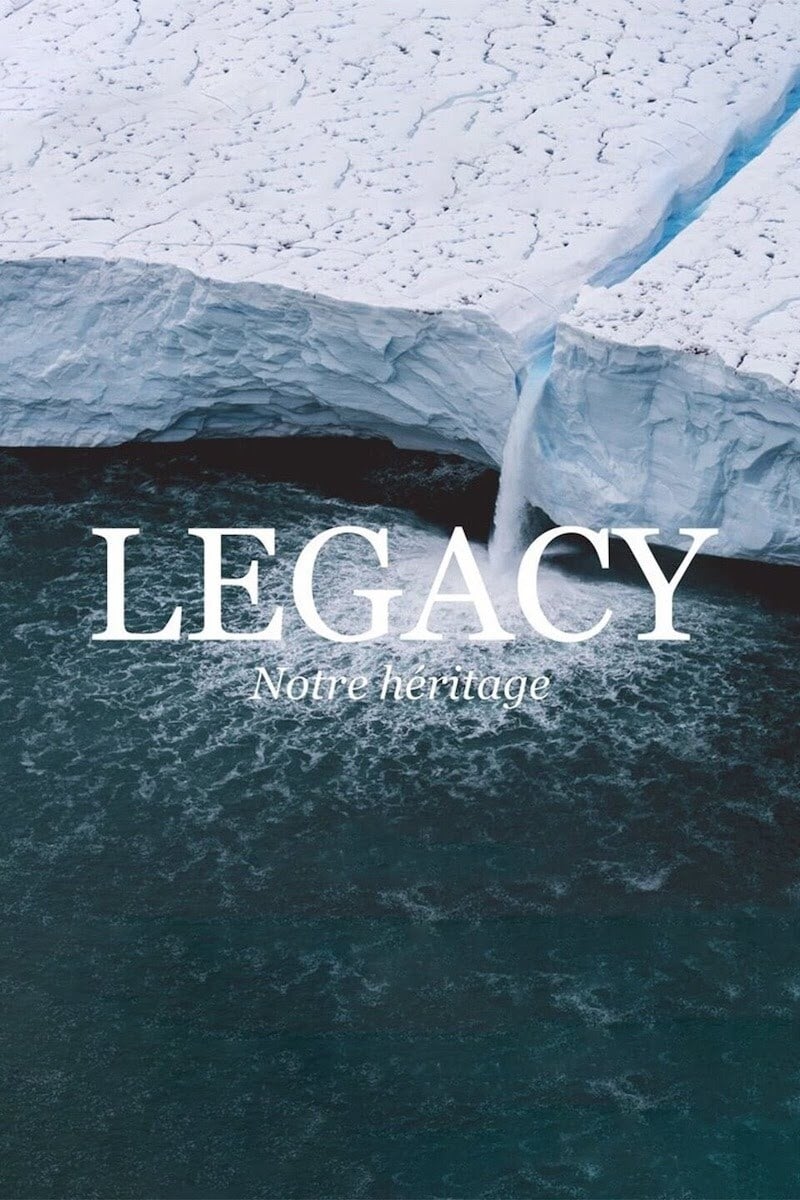
Ten years after the film Home (2009), Yann Arthus-Bertrand looks back, with Legacy, on his life and fifty years of commitment. It's his most personal film. The photographer and director tells the story of nature and man. He also reveals a suffering planet and the ecological damage caused by man. He finally invites us to reconcile with nature and proposes several solutions
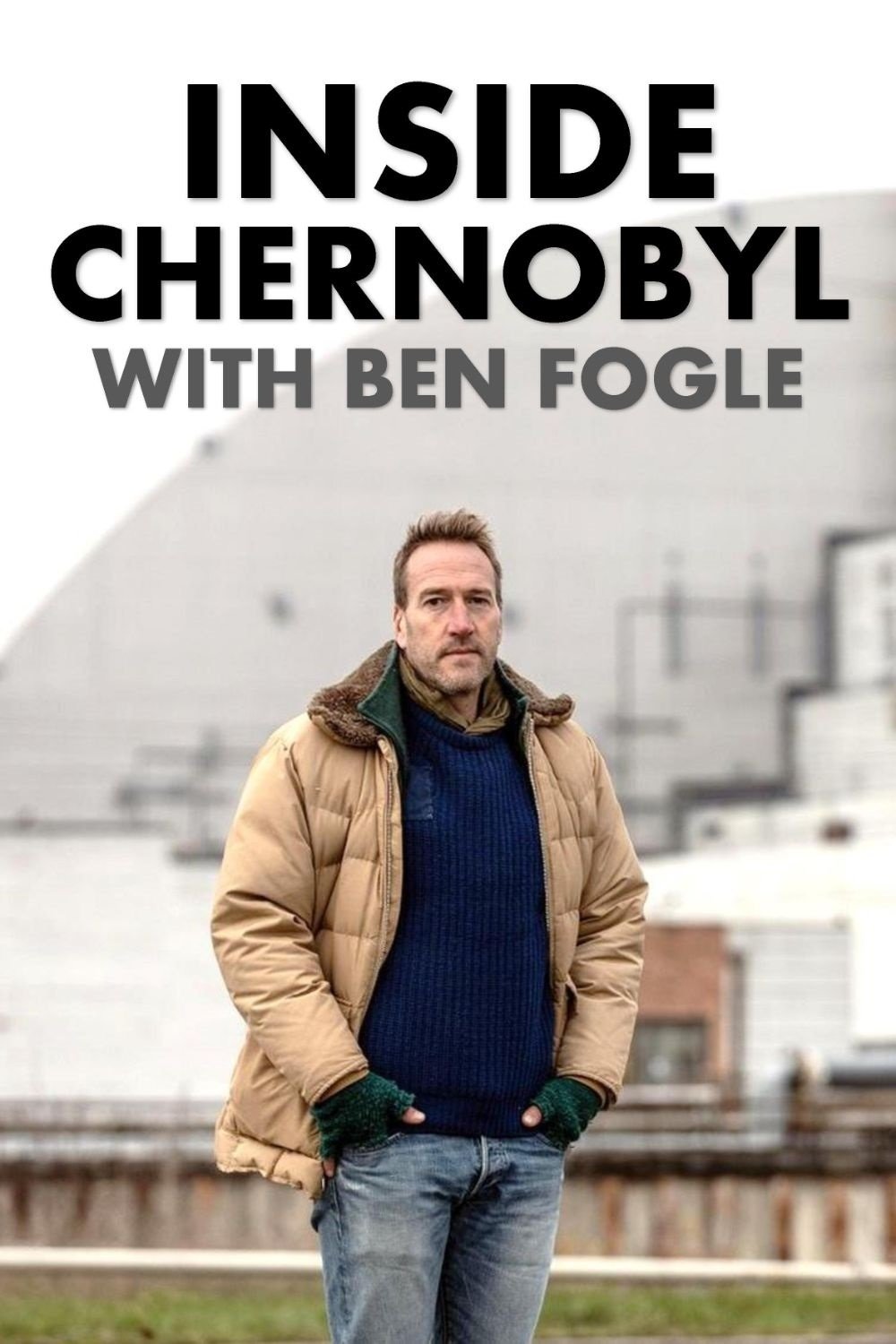
Ben Fogle spends a week living inside the Chernobyl Exclusion Zone, gaining privileged access to the doomed Control Room 4 where the disaster first began to unfold.
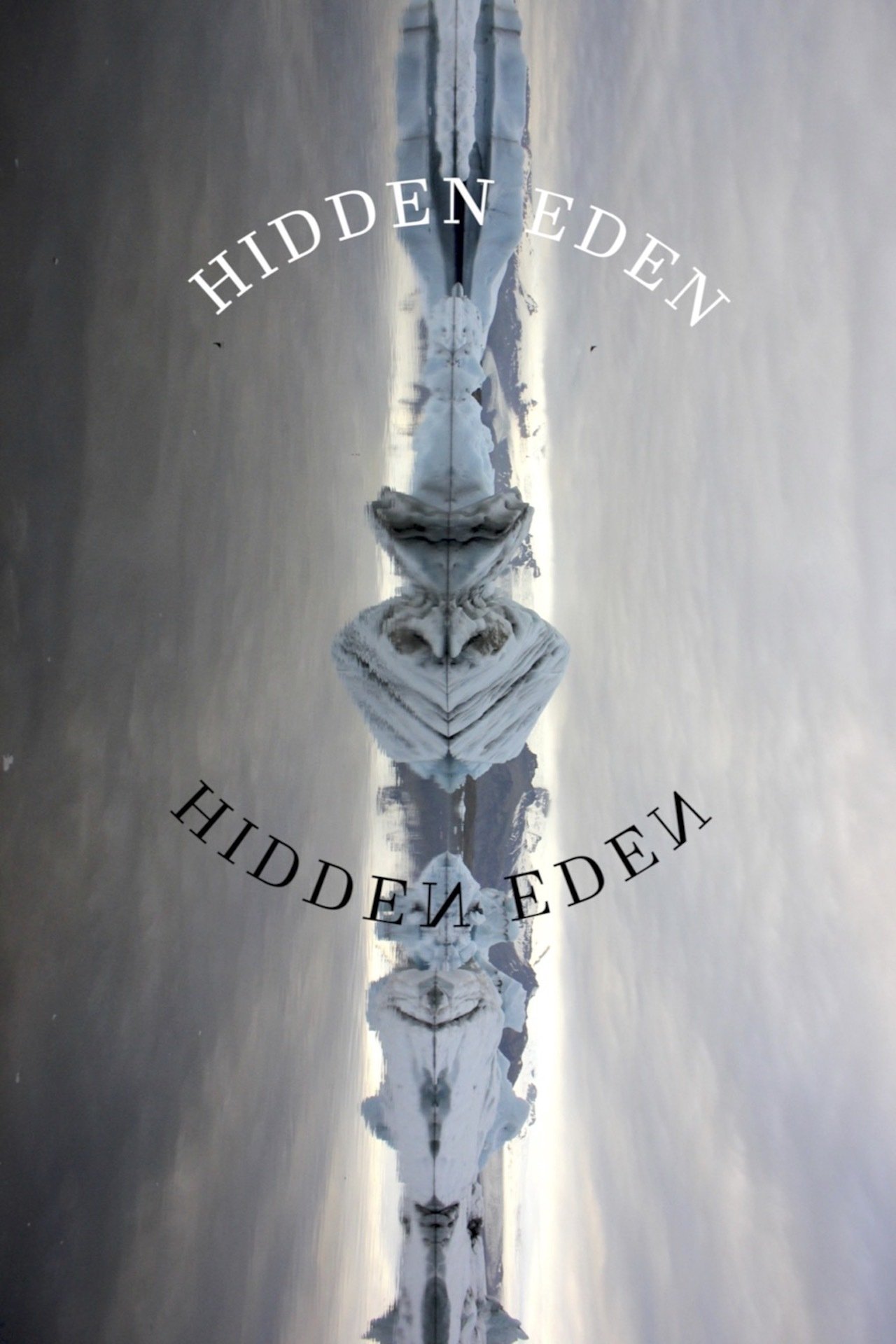
Exploring the concept of the Ecology of Emotions, this musical film portrays an inner journey through the secret garden of creativity put into frame by the nature of Iceland. Hidden Eden is a metaphor for our inner secret garden of creativity. This project bloomed during an art residency in Iceland, sparked by conversations around our shared philosophies on voice and emotional connection. The nature of Iceland inspired us to make the connection on how the landscape reflects the emotional states of creativity and how it helps manage the homeostasis of our inner emotional landscapes. This exchange between emotion and the landscape opens a space for healing. Creativity provides us with the tools to access a garden of our authentic being, nourishing and balancing us. Allowing ourselves to explore the spectrum of our emotions through the lens of our relationship with the Earth invites others to do the same. The creative process can affect our well being and is a key to human evolution.
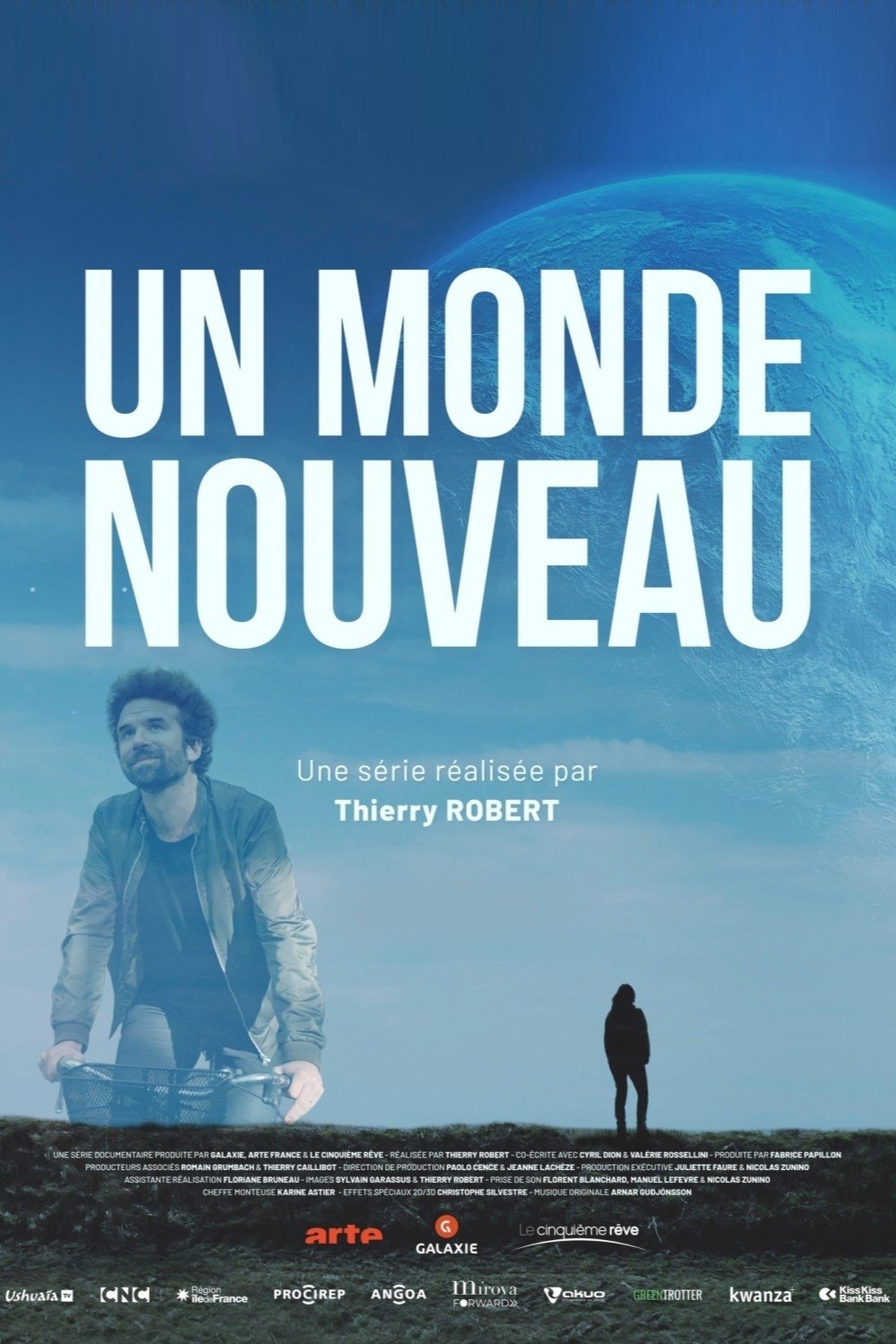
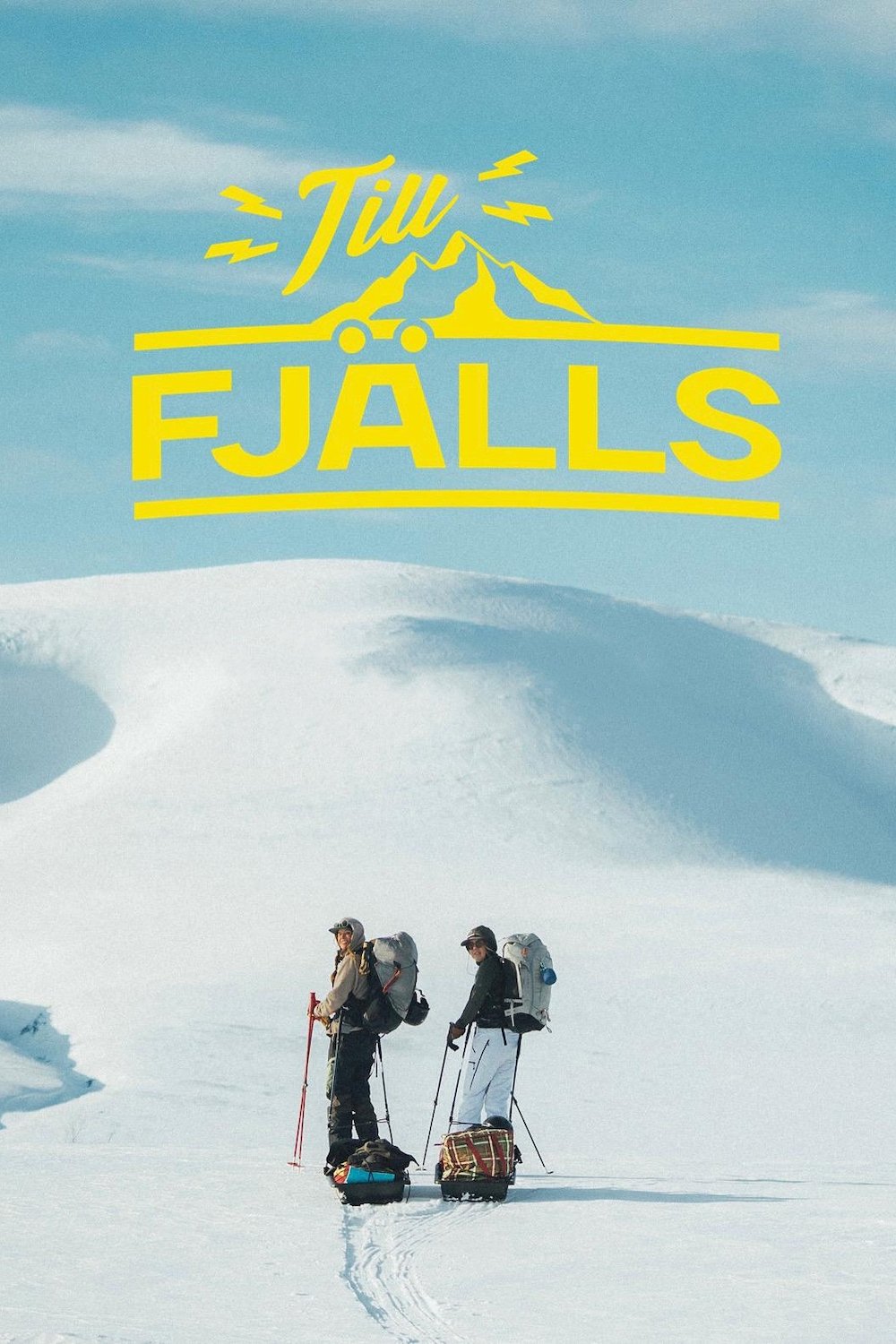
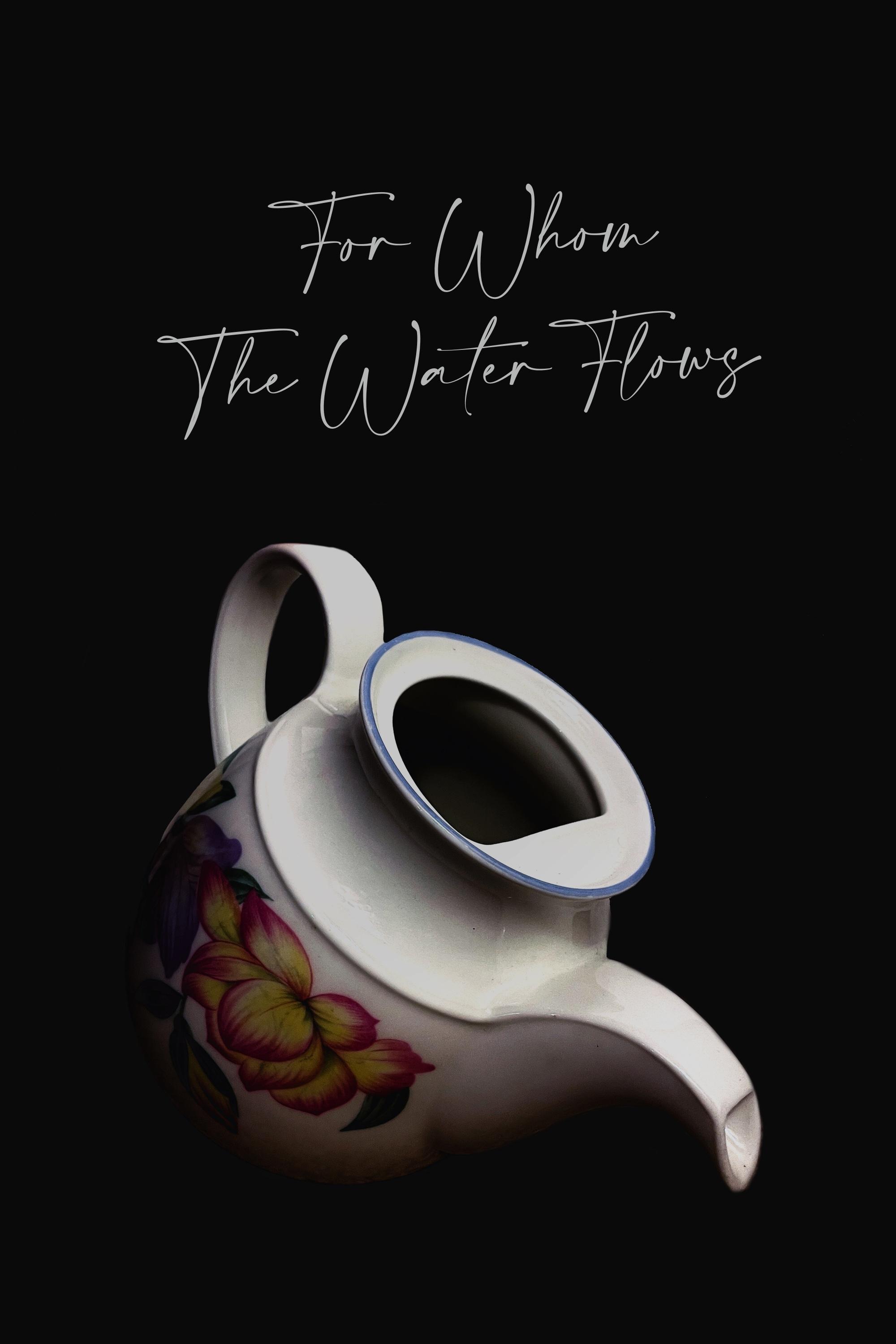
In a world where water has become a scarce commodity, a young scavenger finds a source to satisfy her thirst.
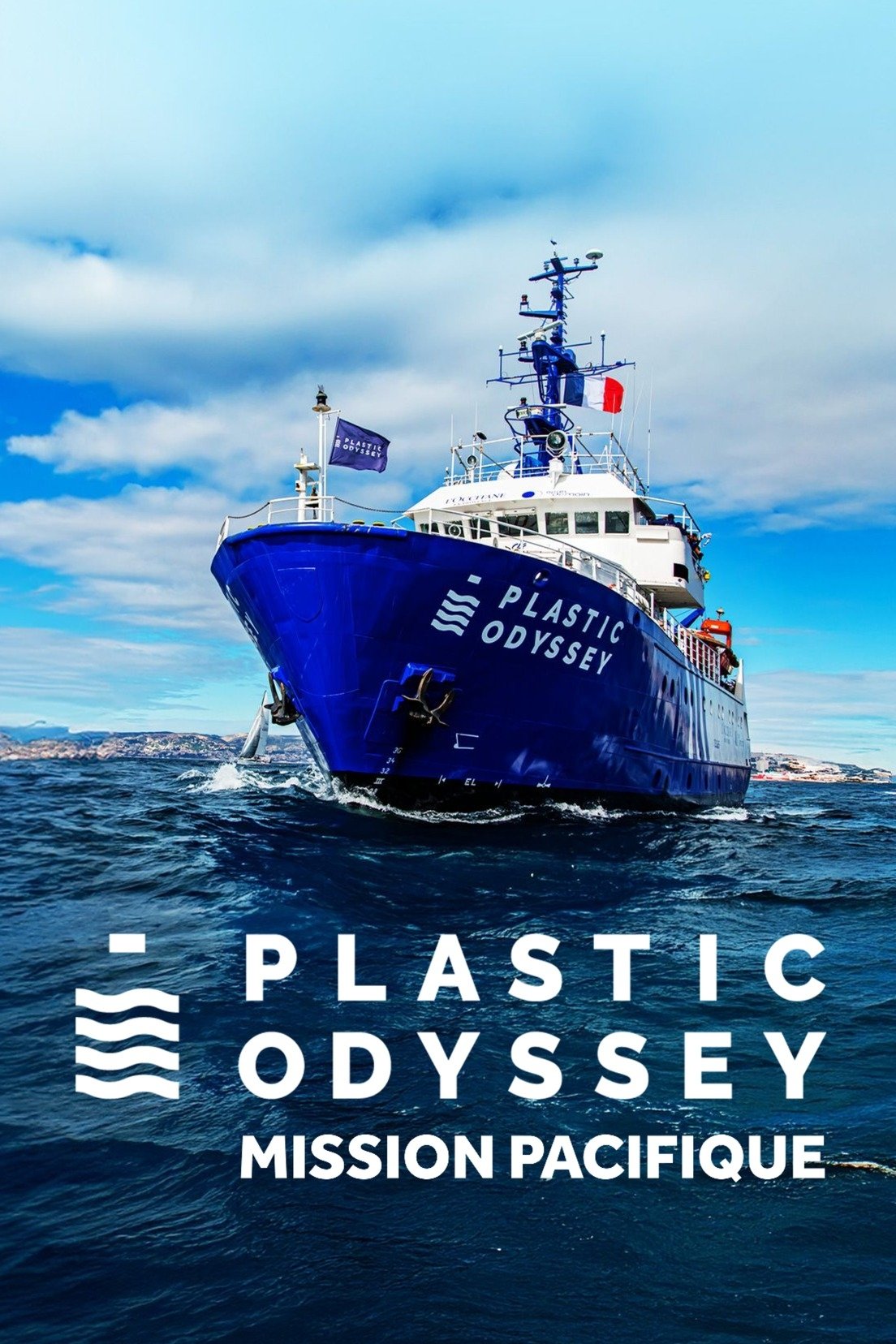
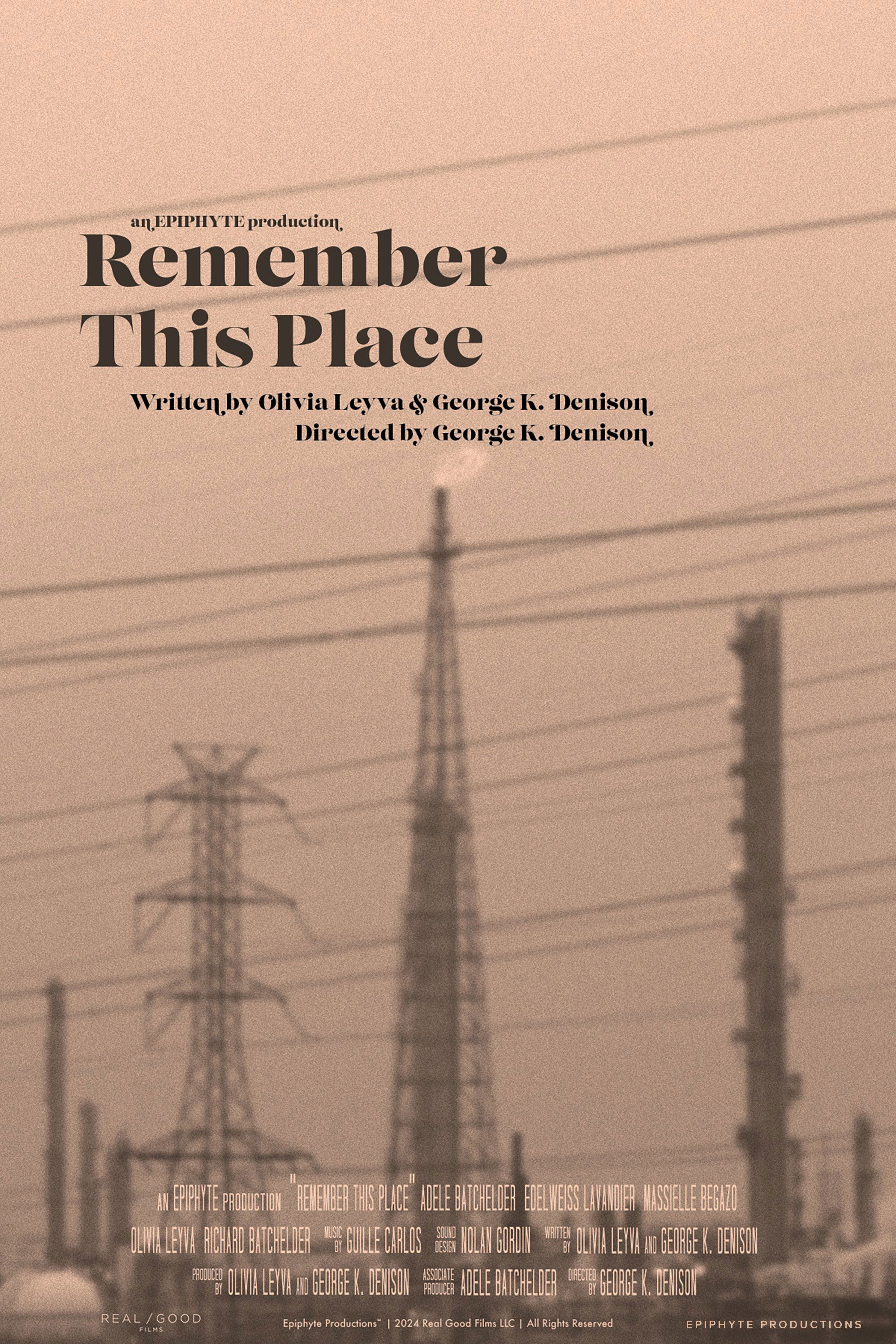
A young mother, Dr. Marie Sol passed away soon after discovering that the fossil fuel company she worked for had been falsifying her research. Years later, her colleague turned world renowned climate scientist and author, Dr. Phyllis Lambert, has retired into isolation. A journalist, Claire Dimas, now seeks to expose their employer's greenwashing campaigns and fraudulent reports. Dr. Lambert refuses to cooperate as she battles haunting visions of her past decisions, forcing Claire to involve Dr. Sol's daughter, Isabel. By placing her at the center of this investigation, Isabel is now determined to find the truth and confront her grief.
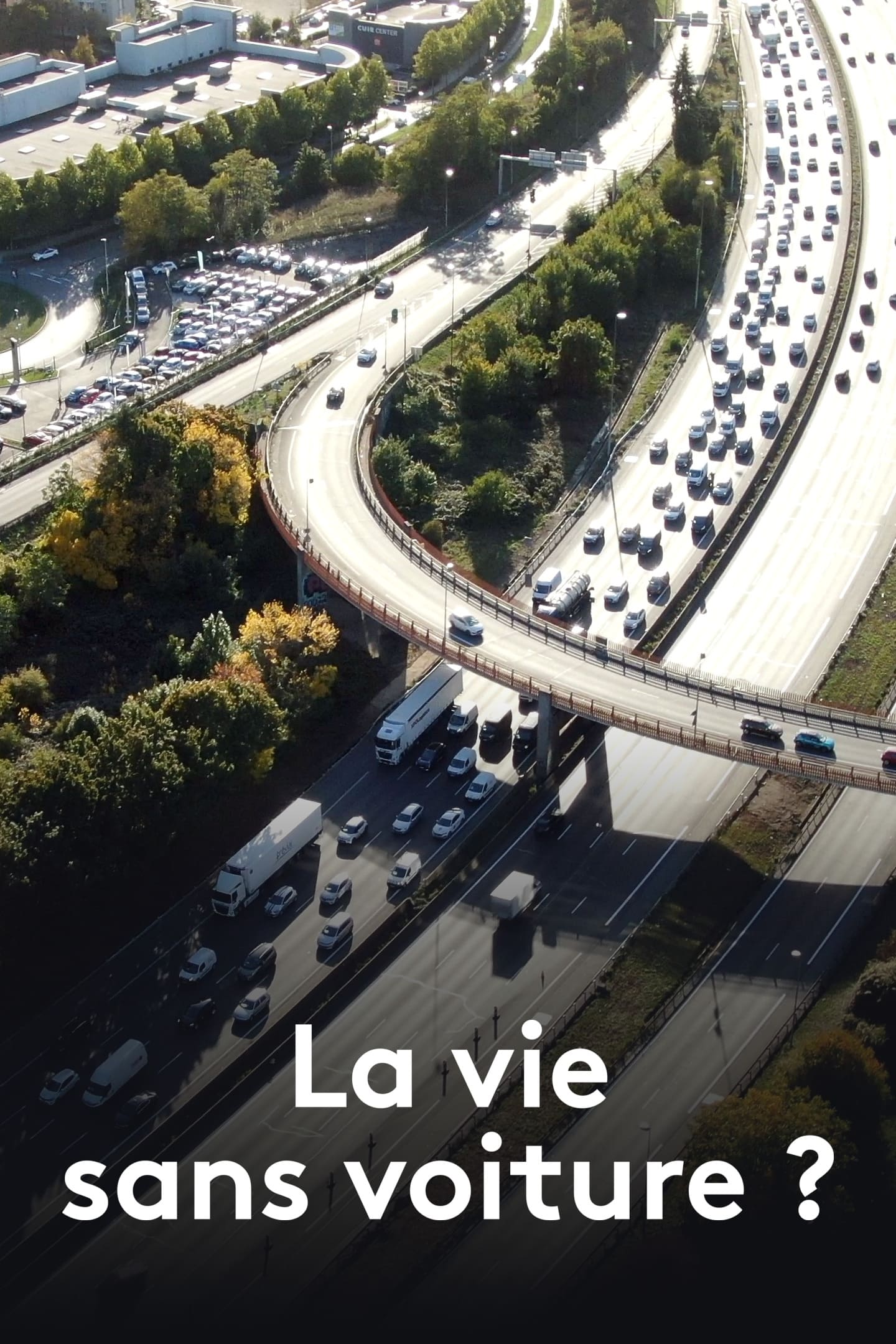
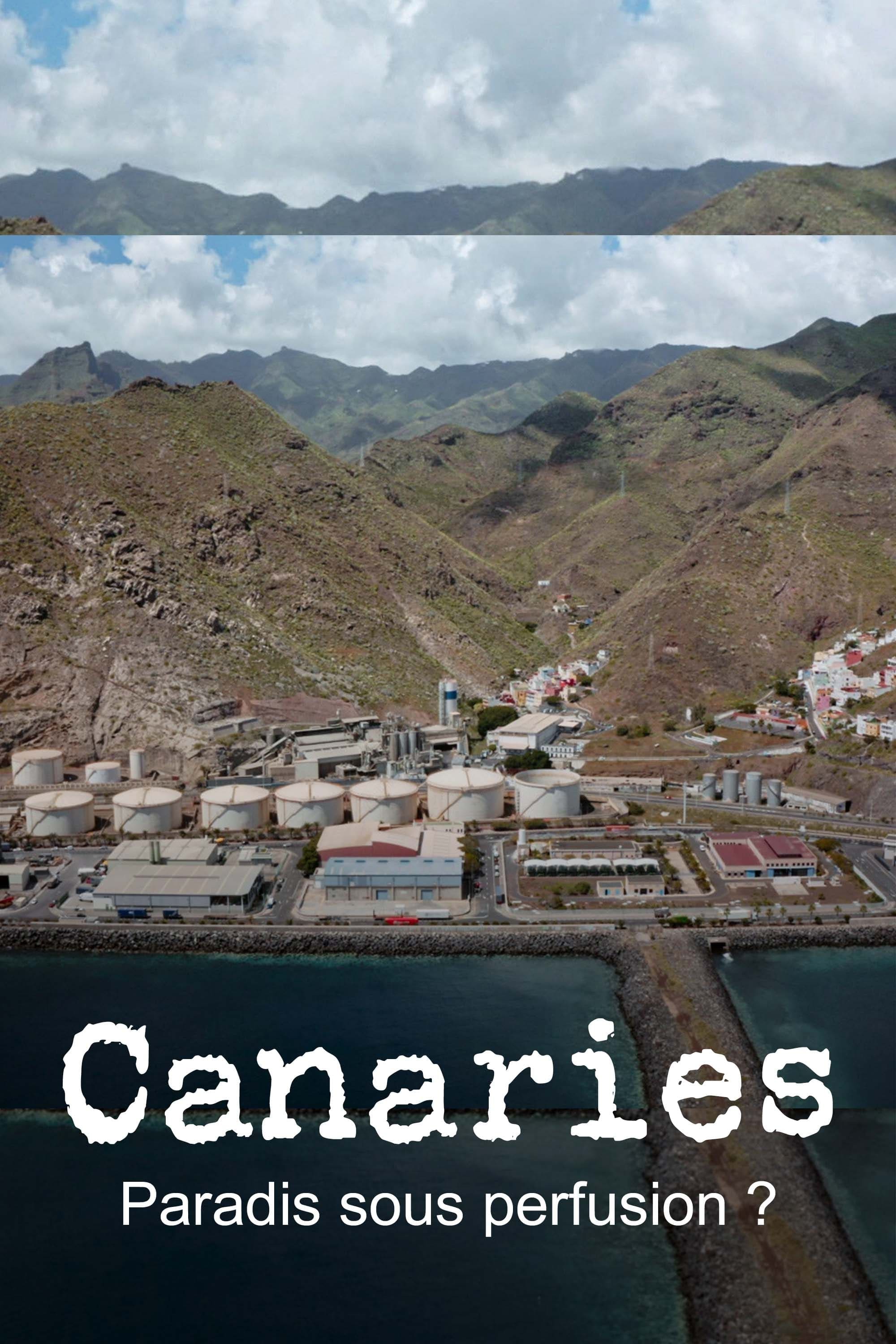
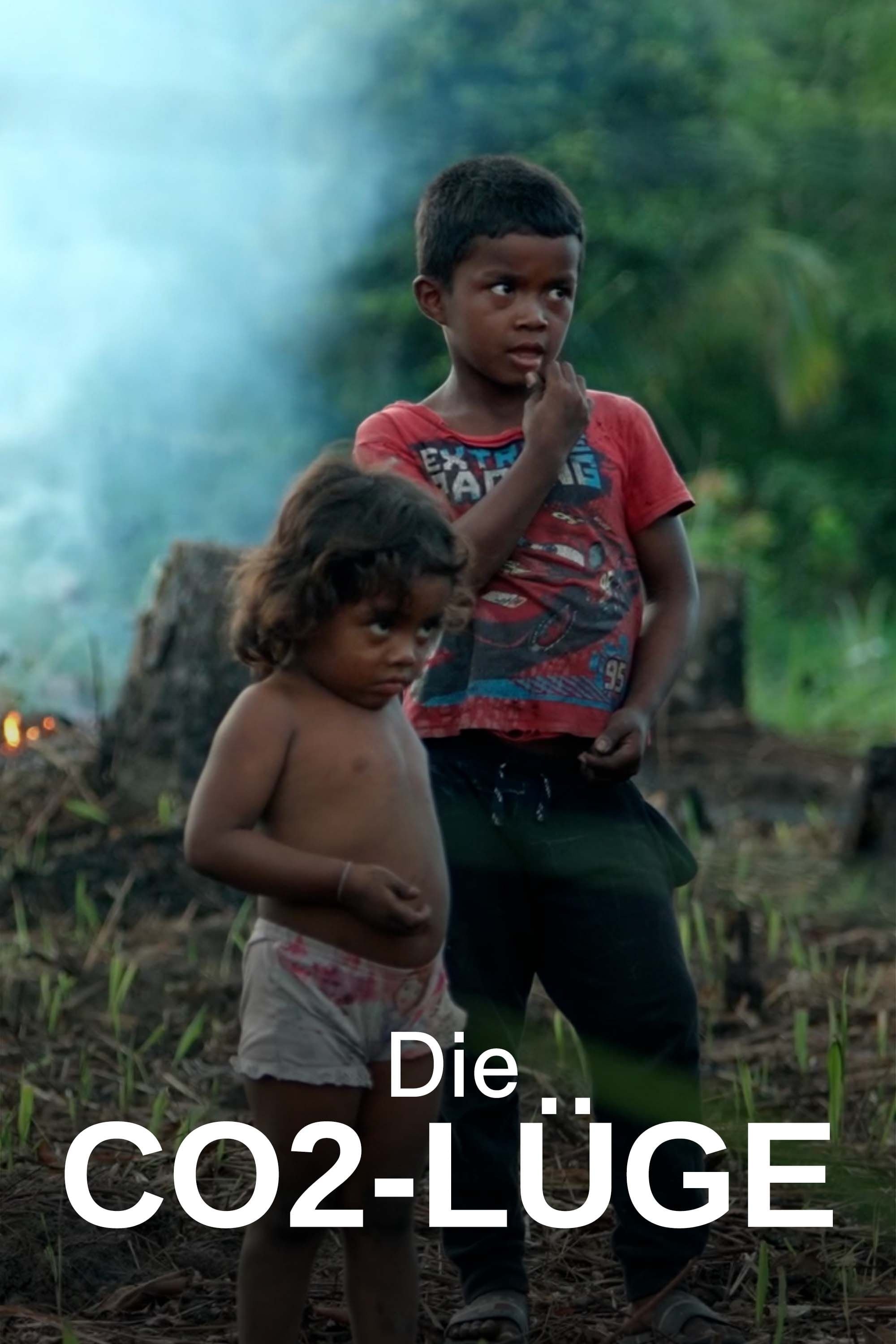
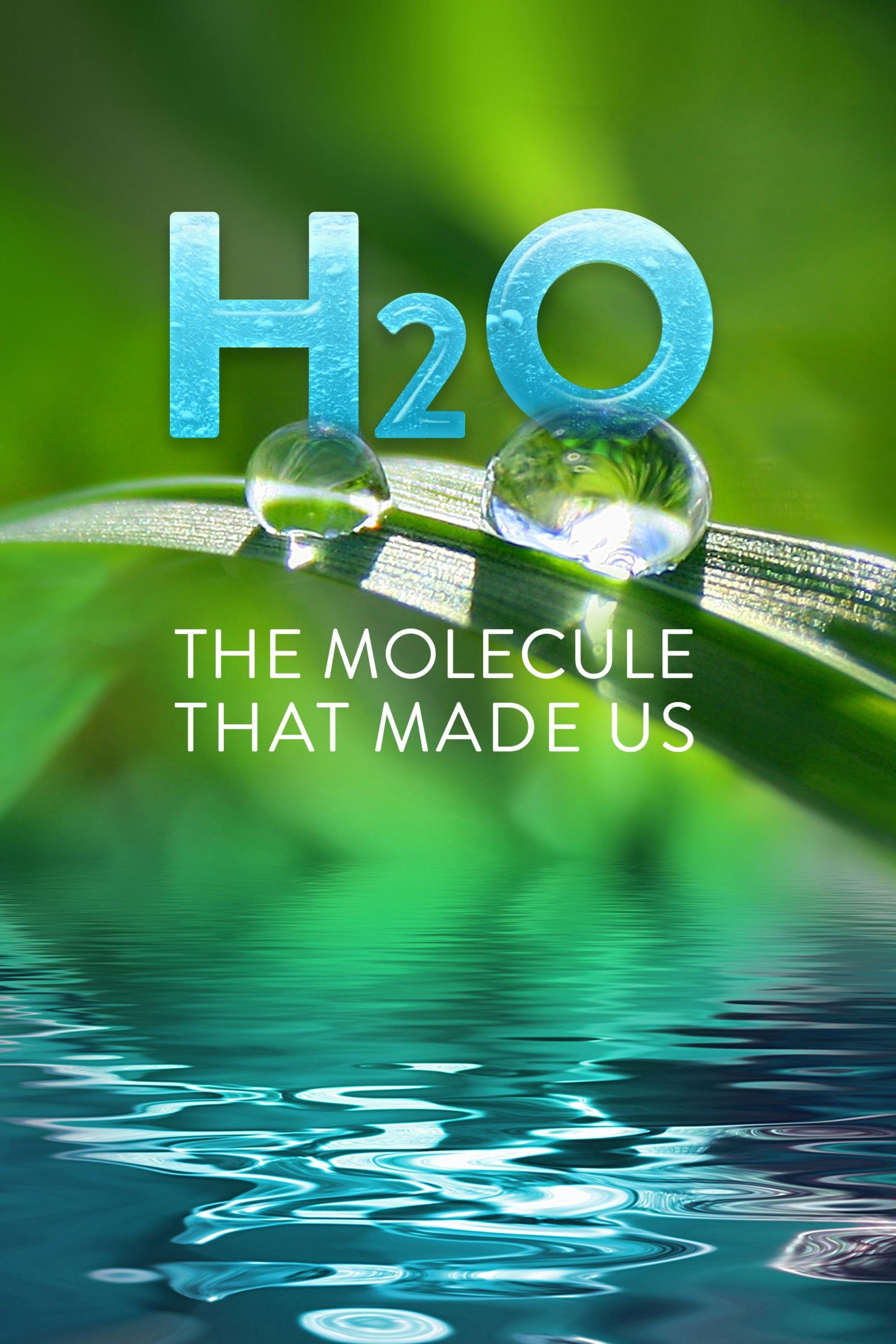
A landmark, three-part series that tells the human story through our relationship to water. We find out how our success is intimately connected to our control of the molecule, but that the growth of our civilizations has also created a dangerous dependence on a precious resource. One that may be about to run out.
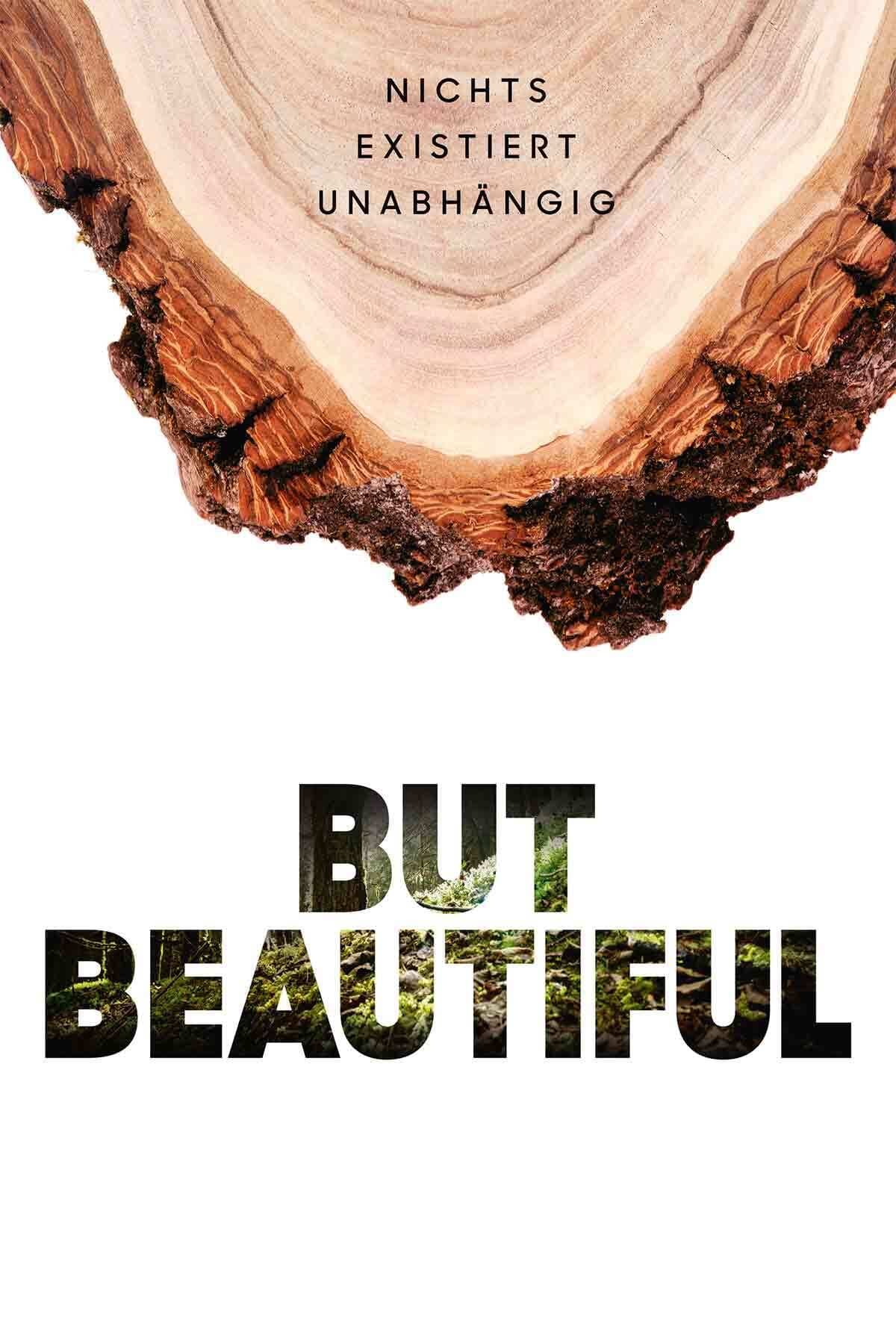
In his new film, Erwin Wagenhofer is looking for the good and beautiful in this world.
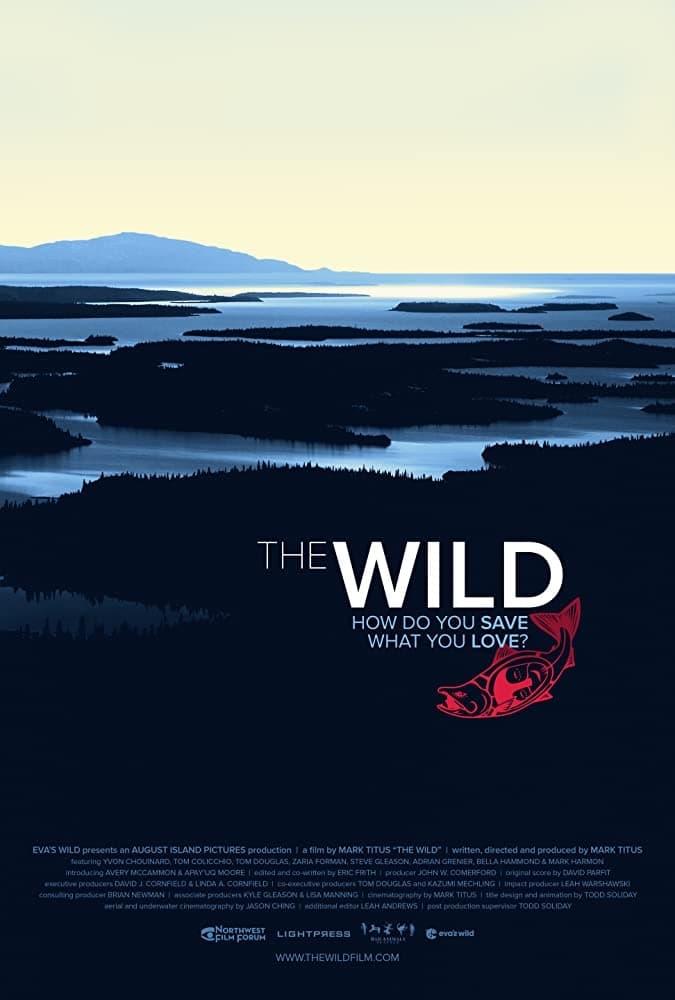
Newly into addiction recovery, an urgent threat emerges to spur filmmaker, Mark Titus back to the Alaskan wilderness - where the people of Bristol Bay and the world's last intact wild salmon runs face devastation if a massive copper mine is constructed.
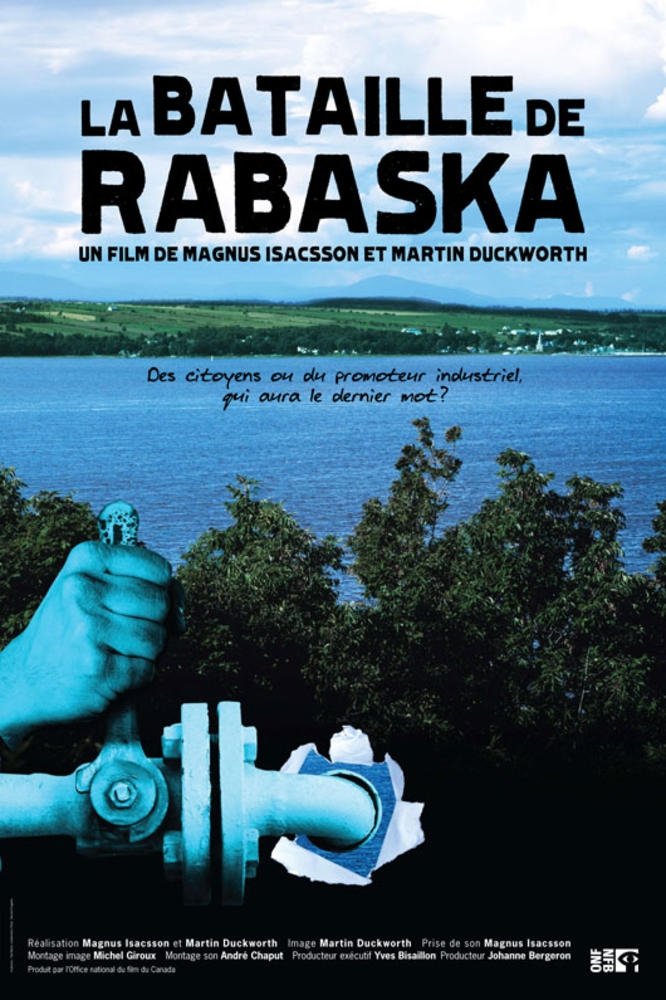
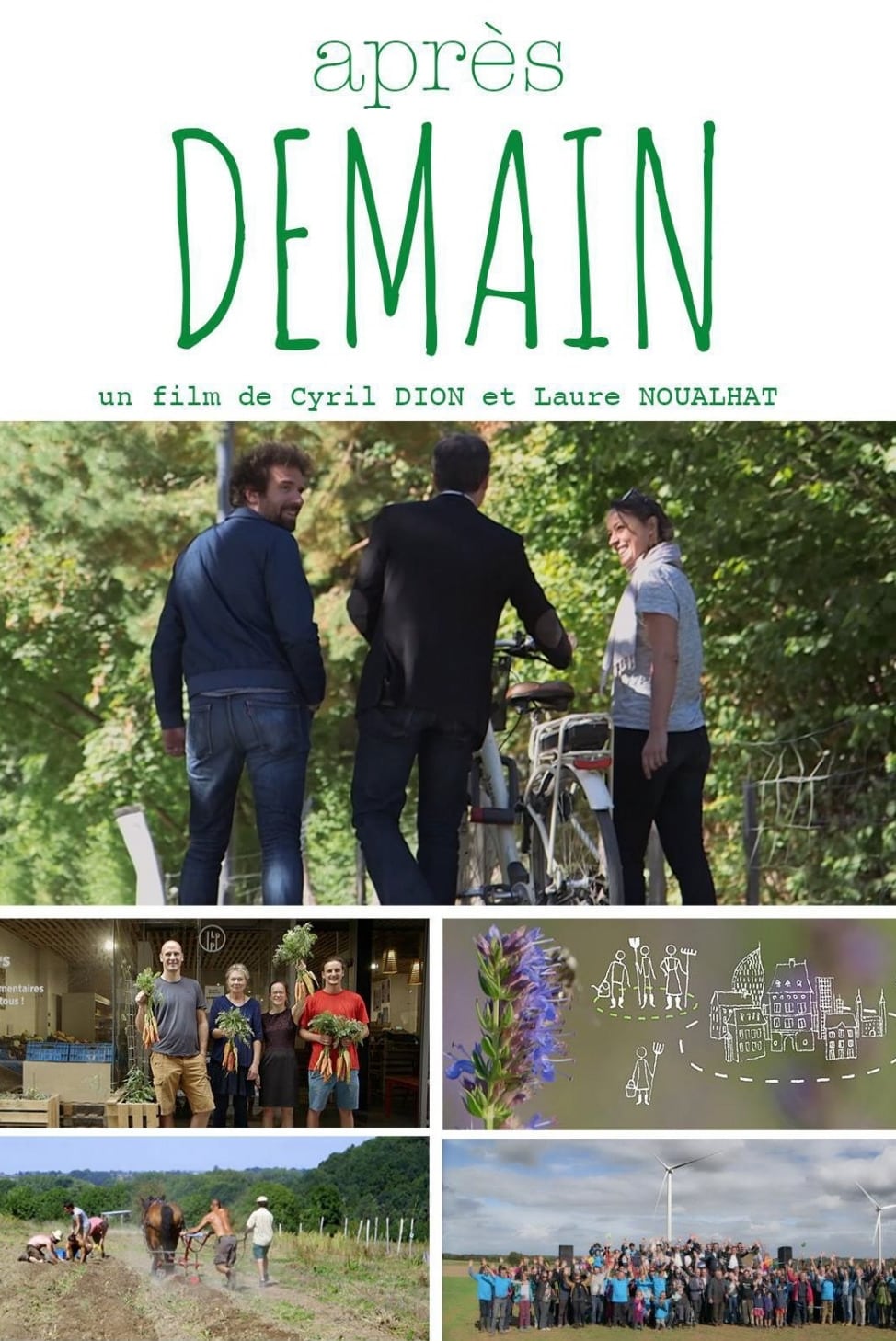
Two years after the phenomenal success of the documentary Demain, Cyril Dion looks back at the projects the film inspired. He is accompanied by Laure Noualhat, a renowned investigator and sceptic of the ability of micro-initiatives to have any real impact in the face of climate change. Their humorous confrontation pushes them to their limits: what works, what fails? What if all this forces us to invent a new narrative for humanity?
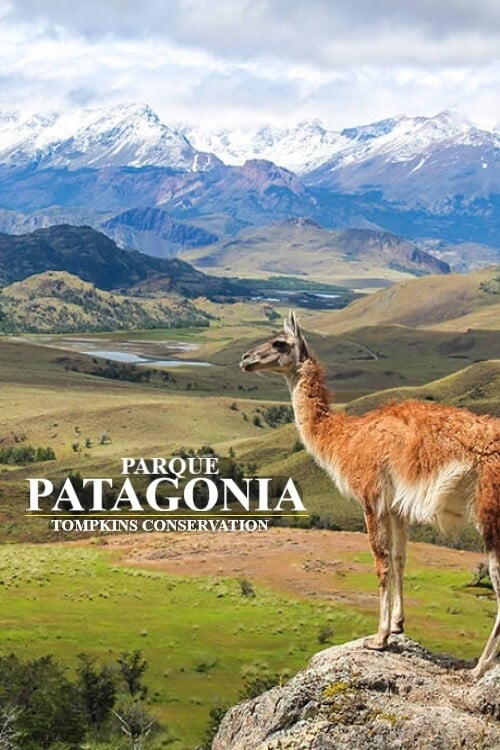
By browsing this website, you accept our cookies policy.